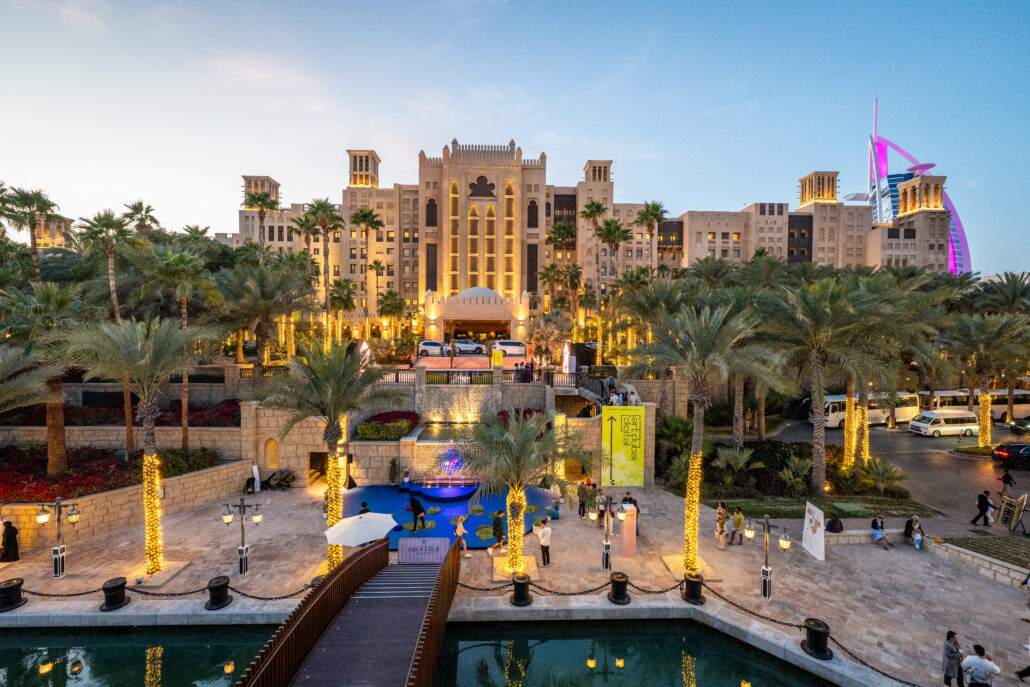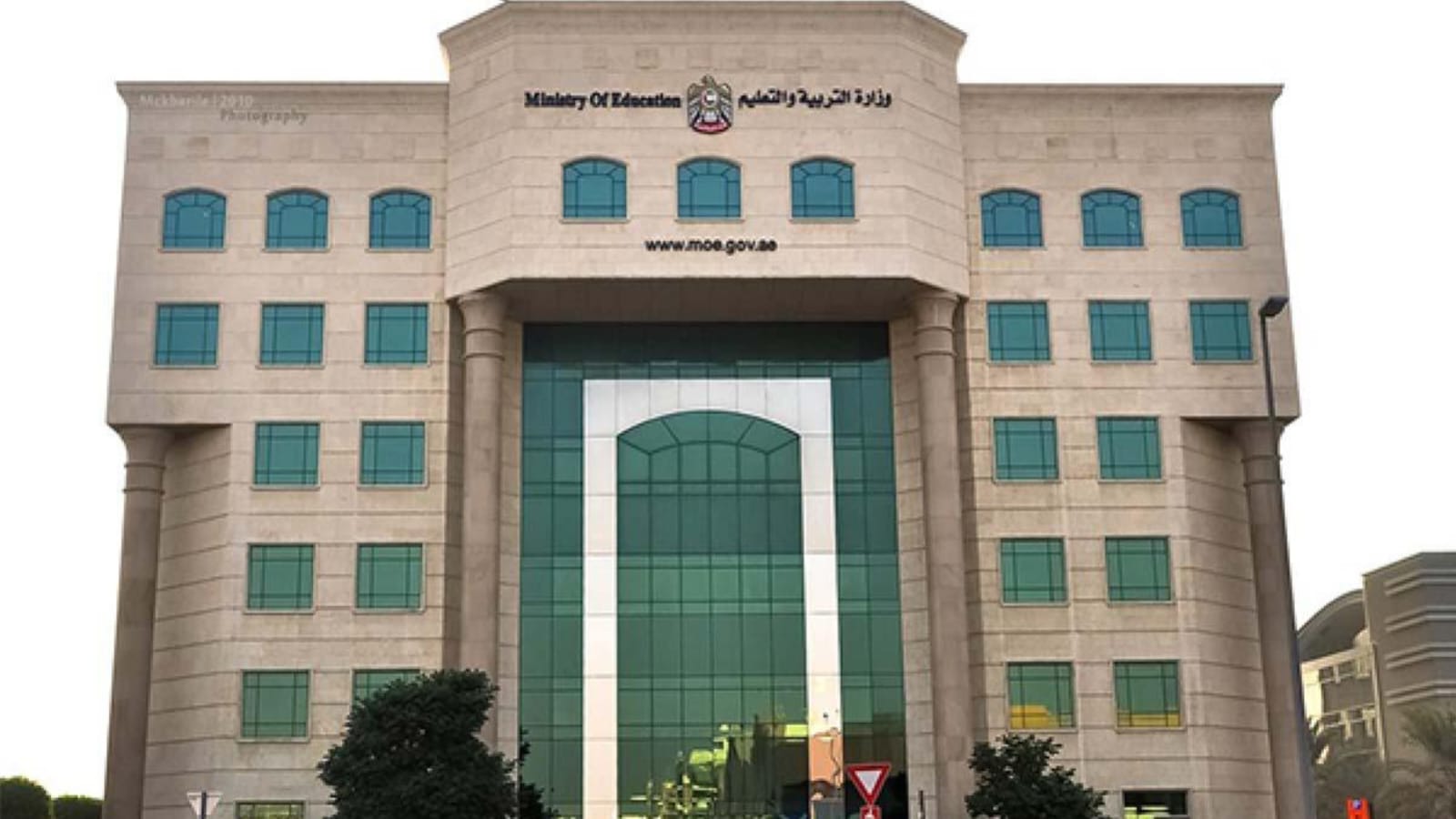UAE Approves Islamic Finance,Tourism & Biosafety Reforms

How is Islamic finance different from other financing practices used in the UAE
Islamic finance in the UAE differs from conventional finance by strictly adhering to Shariah law, which prohibits interest (riba), promotes risk-sharing, and requires all transactions to be backed by real assets. Unlike conventional finance, Islamic finance avoids speculation and invests only in ethically acceptable sectors, excluding activities like gambling or alcohol. It uses unique contracts such as Murabaha (cost-plus sale) and Ijara (leasing) instead of interest-based loans.
UAE Cabinet Convenes at Qasr Al Watan to Chart Strategic National Vision
The UAE Cabinet held a landmark session at Qasr Al Watan in Abu Dhabi under the chairmanship of His Highness Sheikh Mohammed bin Rashid Al Maktoum, Vice President, Prime Minister, and Ruler of Dubai. The meeting was marked by a strong presence of the country’s top leadership, including His Highness Sheikh Mansour bin Zayed Al Nahyan, Vice President, Deputy Prime Minister, and Chairman of the Presidential Court, as well as His Highness Sheikh Hamdan bin Mohammed bin Rashid Al Maktoum, Crown Prince of Dubai, Deputy Prime Minister, and Minister of Defence. Also attending were His Highness Sheikh Maktoum bin Mohammed bin Rashid Al Maktoum, First Deputy Ruler of Dubai, Deputy Prime Minister, and Minister of Finance, and His Highness Lt. General Sheikh Saif bin Zayed Al Nahyan, Deputy Prime Minister and Minister of the Interior.
The meeting showcased the UAE’s ongoing commitment to national progress, economic diversification, and global leadership across multiple sectors.
Ambitious National Strategy for Islamic Finance and Halal Industry
One of the central pillars of the Cabinet’s session was the approval of the UAE Strategy for Islamic Finance and Halal Industry. The comprehensive strategy aims to position the UAE as a global leader in Islamic finance and a hub for Halal industry exports. His Highness Sheikh Mohammed bin Rashid announced the strategy’s long-term goals, which include increasing the assets of Islamic banks within the UAE from AED986 billion to AED2.56 trillion over a span of six years. Furthermore, the value of listed Islamic sukuk is expected to surpass AED660 billion by the year 2031.
The strategy also outlines mechanisms to foster local Halal production, facilitate sustainable finance, and lead international Islamic finance activities. To oversee the execution of the strategy, the Cabinet approved the formation of a high-level committee chaired by the Governor of the Central Bank. The initiative is designed to reinforce the Islamic economy’s role as a core driver of the national GDP, while simultaneously targeting global market leadership in Halal and ethical finance sectors.
A Thriving Tourism Sector Fueled by Infrastructure and Innovation
The UAE Cabinet reviewed the latest performance metrics of the country’s tourism sector, revealing impressive achievements and ambitious targets for the future. In 2023, the tourism, travel, and hospitality sectors contributed AED220 billion to the national economy, accounting for 11.7 percent of GDP. The sector also provided more than 800,000 jobs across the country. Building on this momentum, the projected contribution to the national economy in 2024 is set to reach AED236 billion.
The country’s hotels welcomed over 30 million guests in 2024, representing a 9.5 percent increase from the previous year. The hotel room inventory expanded by 3 percent, reaching 215,000 rooms nationwide, while revenues from hotel operations rose by 4 percent to AED37 billion. Strategic initiatives such as the “World’s Coolest Winter” campaign and the implementation of the National Tourism Charter played a key role in attracting both regional and international visitors.
Sheikh Mohammed emphasized that the UAE’s robust infrastructure, service quality, and innovation in travel experiences are vital to future growth. The goal is to elevate the sector’s contribution to AED450 billion within the next six years, making it one of the UAE’s principal engines of economic development.
Enhanced Biosafety Through an Updated National Framework
In response to global health and environmental challenges, the Cabinet approved the updated second edition of the UAE National Biosecurity Framework covering the period from 2023 to 2032. The framework is designed to sustainably manage biological risks, improve national prevention and response capabilities, and strengthen biosecurity innovation.
Among the critical updates in the framework is the development of an advanced biological emergency management system. This system will ensure readiness in the event of biological incidents or pandemics. The framework also calls for the implementation of key international agreements, the expansion of research in biosafety technologies, and the advancement of local expertise through training and strategic partnerships.
The revised framework aligns closely with the UAE’s broader goals of resilience and scientific innovation and reflects its preparedness to deal with emerging biosecurity challenges.
Strong Performance and Expansion in the SME Sector
The Cabinet examined significant progress in the Small and Medium Enterprises (SMEs) sector. The number of SME licenses has grown by more than 160 percent between 2020 and 2024, highlighting the government’s commitment to fostering entrepreneurship and economic inclusivity. The UAE ranked first globally for the fourth consecutive year according to the 2024–2025 report of the International Business Leadership Observatory. It also secured the 18th position in the Emerging Ecosystems Ranking 2024 and placed seventh in the Global Competitiveness Index.
Sheikh Mohammed noted that SMEs are vital to national economic strength, and emphasized the government’s continued support for emerging businesses through regulatory facilitation, funding mechanisms, and a culture of innovation. The UAE remains committed to building an ideal business environment for entrepreneurs and startups.
Digital Wellbeing and Cybersecurity Take Center Stage
Recognizing the rising importance of digital safety and wellbeing, the Cabinet reviewed the annual performance of the UAE Council for Digital Wellbeing. Among the highlights were national efforts to counteract online threats, including the disruption of malware networks, removal of drug-related content from digital platforms, and the banning of over 8 million phone numbers linked to harmful products and scams.
The government’s proactive measures aim to safeguard individuals from digital harm, while promoting responsible online behavior. These initiatives form part of the UAE’s broader efforts to ensure a secure and positive digital environment for all citizens and residents.
Enhanced Performance Management in the Federal Government
To boost productivity and streamline performance evaluation in federal institutions, the Cabinet approved an updated performance management system known as Enjazaty. The system places strong emphasis on strategic alignment, employee specialization, and a results-driven approach. It promotes a culture of high performance supported by continuous feedback, transparency, and flexible performance assessments.
Enjazaty is designed to support federal entities in developing clear roles, fostering career development, and encouraging accountability, which ultimately contribute to better public service delivery and institutional excellence.
Harnessing Artificial Intelligence to Modernize Labour Market Governance
The Cabinet reviewed the Ministry of Human Resources and Emiratisation’s integration of Artificial Intelligence in its core operations. These included a labour market simulation model, AI-powered decision-support tools, and automated systems that mimic human behavior to address key challenges. The aim is to increase operational efficiency, predict workforce trends, and make data-informed policy decisions that ensure a balanced, competitive labor market.
This adoption of AI is aligned with the UAE’s broader technological ambitions and positions the nation as a regional leader in smart governance.
Updates in Federal Legislation and Strategic Restructuring
A series of legislative developments were also approved, covering regulatory areas such as visiting doctors in federal hospitals, penalties for violations in the nuclear sector, public benefit organizations, and the regulation of outer space activities. The Cabinet also ratified amendments to laws governing marriage grants, signaling continued reform in public welfare legislation.
In parallel, the Cabinet approved the restructuring of key national councils. The UAE Gender Balance Council will now be chaired by Her Highness Sheikha Manal bint Mohammed bin Rashid Al Maktoum, with Mona Ghanem Al Marri as Vice Chairperson. The council will focus on integrating gender equity principles into national policies and enhancing female participation in leadership roles.
The UAE Council for Environmental and Municipal Work will be chaired by Her Excellency Amna bint Abdullah Al Dahak Al Shamsi, Minister of Climate Change and Environment. A dedicated committee on chemical precursors has also been established under the chairmanship of the Emirates Drug Establishment to enhance regulation and monitoring.
Focus on Sustainable Energy and 2025 Hajj Preparations
As part of the country’s National Policy on Biofuels, the Cabinet reviewed several biofuel projects that align with the UAE’s sustainable energy goals. These initiatives reinforce the country’s strategic move toward renewable energy and ecological responsibility.
The Cabinet also evaluated readiness for the upcoming 2025 Hajj season. Led by the UAE Hajj Affairs Department under the General Authority of Islamic Affairs and Endowments, in coordination with local governments, preparations are underway to ensure safe and efficient pilgrimage experiences for Emirati pilgrims.
Strengthening International Relations and Hosting Major Global Events
In its international outreach, the Cabinet ratified four key agreements focusing on investment protection and promotion with the Democratic Republic of Congo, Uzbekistan, Somalia, and the Philippines. Several memoranda of understanding were also approved, including a comprehensive economic partnership with Azerbaijan, and agreements on energy cooperation with Mongolia and Uzbekistan.
Additional agreements were made for youth engagement between the Arab Youth Center and Jordan’s Crown Prince Foundation, along with a visa exemption deal with Sri Lanka and mutual recognition of professional certificates with Fiji.
To further boost the UAE’s global presence, the Cabinet approved the hosting of eight international events. Among them are the Intergovernmental Oceanographic Commission’s regional committee meeting for the Central Indian Ocean, the World Customs Organization Technology Conference, and the International Operational Risk Working Group Conference.
Review of National Institutions’ Annual Performance
As part of the Cabinet’s commitment to performance evaluation, reports for various federal entities were reviewed. These included the UAE Space Agency, Emirates Drug Establishment, and the Federal Authority for Nuclear Regulation. These reviews ensure strategic alignment, operational efficiency, and excellence in public administration.








2 Comments
[…] healthcare experts, industry representatives, labor unions, and global organizations such as the International Labour Organization (ILO). These discussions ensured that the policy balances business needs with worker health, while […]
[…] aligning the PPP framework with these strategies, the Ministry of Finance has made sure that every project contributes directly to national goals. This approach combines […]
Comments are closed.